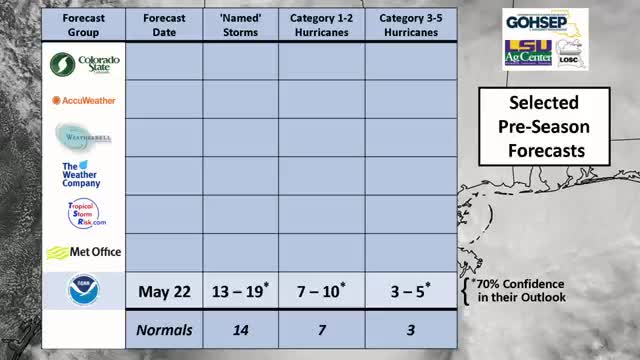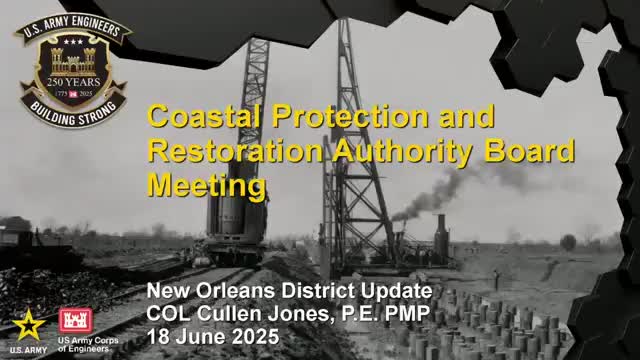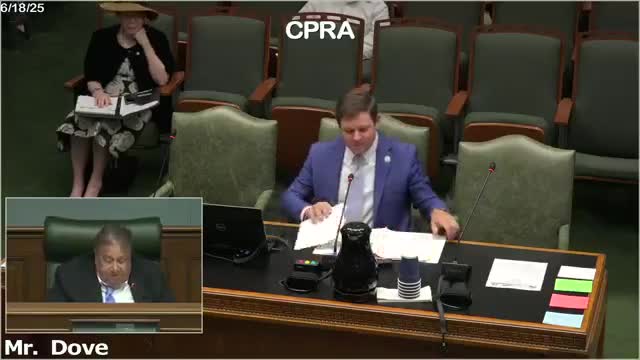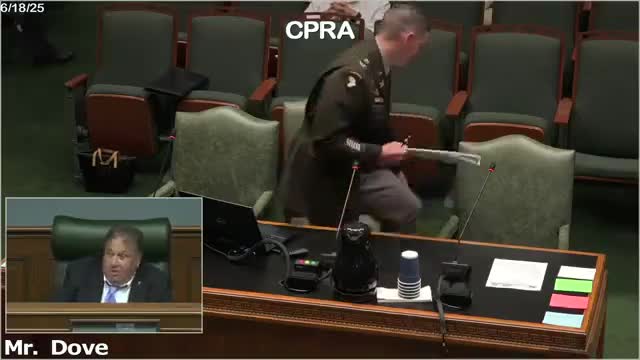Article not found
This article is no longer available. But don't worry—we've gathered other articles that discuss the same topic.

CPRA board authorizes chair and interim director to negotiate change order, permits and trustee agreements after executive session on Mid‑Barataria diversion

US Army Corps summarizes $1.3 billion in recent obligations, readiness steps; colonel departs New Orleans post

CPRA and GOSEP describe tools and logistics for 2025 hurricane season; state preparing staging, gate and surge systems

